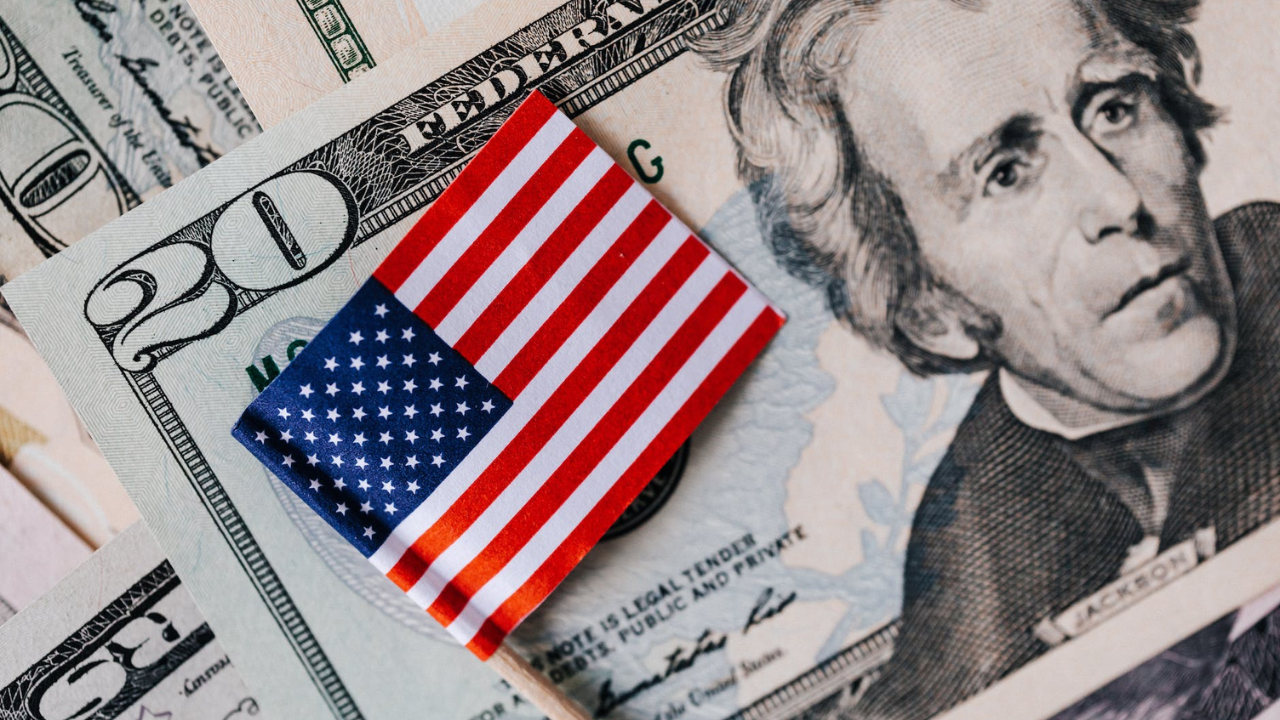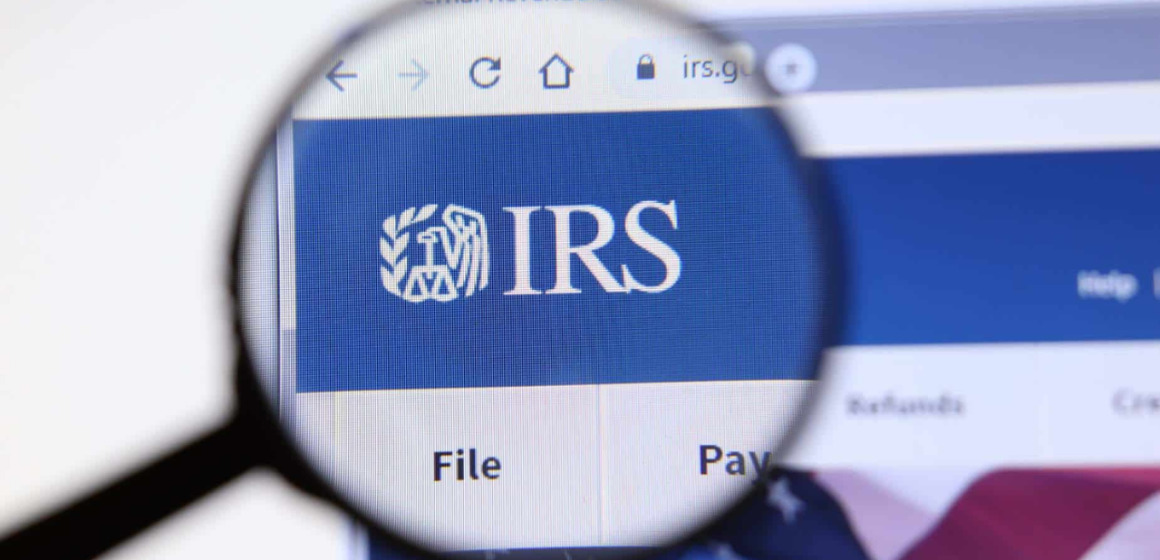The IRS is sending out $2.4 billion in special payments to ensure that 1 million eligible Americans who missed their pandemic stimulus checks receive the money they are owed.
Each eligible recipient could receive up to $1,400, with no need for additional paperwork or filing amendments to tax returns.
This new initiative, announced by IRS Commissioner Danny Werfel, aims to minimize the burden on taxpayers by automating the process.
The effort focuses on individuals who filed tax returns but failed to claim the “recovery rebate credit,” which was created to help people who didn’t get their full stimulus payments during the pandemic.
What Are the Special Payments?
These payments are a follow-up effort to ensure fairness in stimulus distribution. Lawmakers authorized three rounds of stimulus payments during the pandemic—two in 2020 and one in 2021.
While most taxpayers received their payments automatically, some missed out due to errors or delays in filing tax returns.
The IRS reviewed internal data to identify taxpayers who are entitled to the money but didn’t claim it previously.
By sending out these payments automatically, the IRS ensures that eligible taxpayers get the financial support they deserve without additional stress.
Who Qualifies for the $1,400?
The payments are aimed at individuals who filed tax returns but didn’t claim the recovery rebate credit. This credit was designed for people who didn’t get their full stimulus payments when they were initially issued.
For example, if you didn’t receive a stimulus check in 2020 or 2021, the rebate credit allowed you to claim it when filing your taxes.
Most people eligible for the stimulus payments have already received them either directly or by claiming the credit.
However, the IRS identified a group of taxpayers who missed out, and this round of payments targets those individuals specifically.
Do You Need to Apply?

No, you don’t need to apply. The IRS has simplified the process to make it as hassle-free as possible. If you qualify, the payment will be sent to you automatically.
You’ll also receive a letter from the IRS confirming your eligibility and the amount you’ll receive.
This means no additional tax filings, no lengthy paperwork, and no waiting in line to claim your money. The IRS’s approach ensures that eligible taxpayers can receive their funds without any extra effort.
When Will Payments Be Sent?
The IRS will begin sending the payments in December, with most recipients receiving their money by late January 2025.
Payments will either be deposited directly into your bank account or sent as a paper check in the mail.
For those who rely on direct deposit, the money will show up faster. If you’re expecting a paper check, keep an eye on your mailbox during the next few months.
Background on the Recovery Rebate Credit
The recovery rebate credit was introduced to ensure that every eligible American received their pandemic stimulus payments. During the pandemic, three stimulus payments were authorized:
- Two payments were issued in 2020.
- A third payment was sent in 2021.
While the majority of Americans received their payments without issues, some were missed due to errors, filing delays, or other reasons. The rebate credit allowed these individuals to claim their payments when filing taxes.
This current effort by the IRS is an extension of that process, helping taxpayers who missed their chance to claim the credit.
What If You’re Unsure About Eligibility?
If you’re unsure whether you qualify for the payment, the IRS will notify you. Eligible taxpayers will receive a letter explaining the payment details. Keep an eye on your mailbox or bank account to track incoming funds.
If you haven’t heard from the IRS but believe you qualify, you can visit the official IRS website for more information. The agency has tools to help you check your payment status and eligibility.
Why Is This Important?
This round of payments not only provides financial relief to eligible Americans but also highlights the IRS’s commitment to addressing past oversights. Many families faced economic hardships during the pandemic, and these payments aim to make up for missed opportunities for support.
By automating the process, the IRS ensures that more Americans get the help they deserve without unnecessary delays or complications.
Final Thoughts
If you’re one of the 1 million people eligible for these payments, there’s good news: you don’t have to do anything to receive your money. The IRS is handling the process automatically, making it easier than ever to get what you’re owed.
Keep an eye on your mail and bank account over the next few weeks. Whether you receive a direct deposit or a paper check, this relief could make a significant difference, especially as many families continue to recover from the financial impacts of the pandemic.
This effort is a reminder that it’s never too late for government agencies to correct errors and ensure fairness in their processes. For eligible taxpayers, this initiative could be a welcome surprise as 2025 approaches.
Note: Every piece of content is rigorously reviewed by our team of experienced writers and editors to ensure its accuracy. Our writers use credible sources and adhere to strict fact-checking protocols to verify all claims and data before publication. If an error is identified, we promptly correct it and strive for transparency in all updates, feel free to reach out to us via email. We appreciate your trust and support!



Leave a Reply